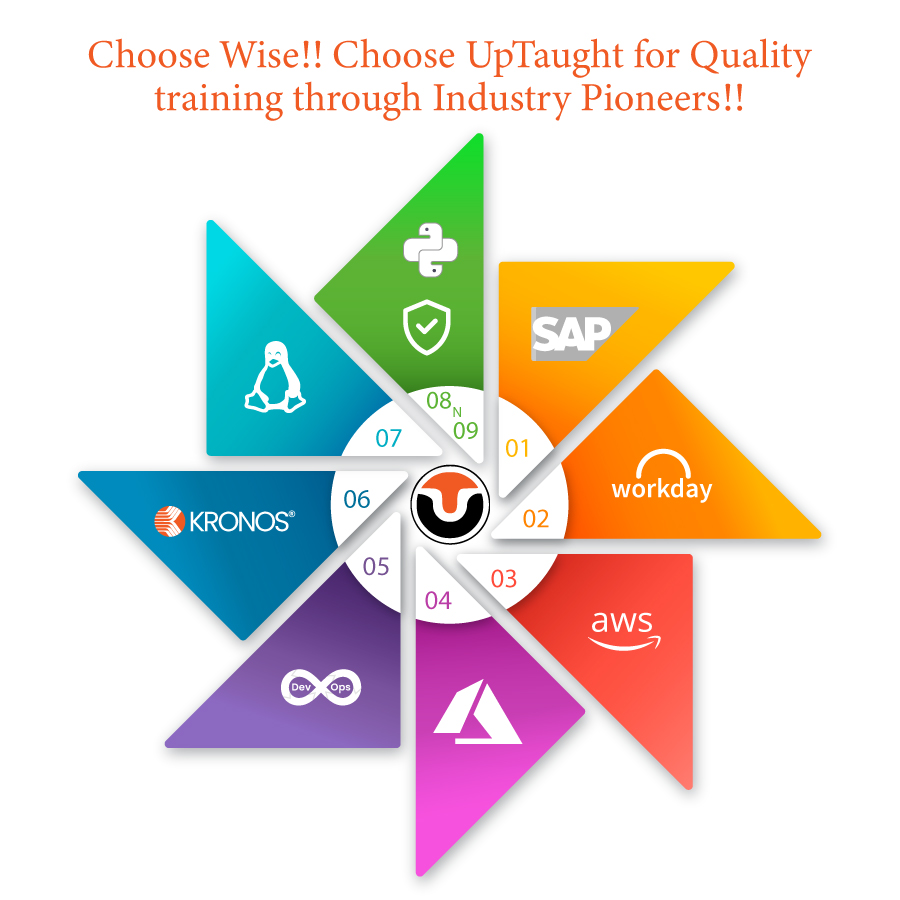In the modern workplace, technology plays a pivotal role in enhancing human resources (HR) management. HR technology functions encompass a wide range of tools and systems designed to streamline HR processes, improve employee engagement, and facilitate data-driven decision-making. As organizations strive to adapt to changing workforce dynamics and technological advancements, understanding these functions becomes essential. Many HR departments face challenges such as inefficient processes, data silos, and difficulty in measuring employee performance. By leveraging effective HR technology functions, businesses can optimize their operations and create a more engaged workforce. This blog post will explore the key functions of HR technology, their importance, and practical examples of successful implementations.
Table of Contents
Understanding HR Technology Functions
What are HR technology functions? HR technology functions refer to the various capabilities and tools that support HR activities within an organization. These functions can include applicant tracking systems (ATS), performance management software, payroll processing systems, learning management systems (LMS), and employee self-service portals. Each of these components plays a crucial role in managing the employee lifecycle, from recruitment to retirement.
The Importance of HR Technology Functions
- Streamlined Recruitment Processes: Modern HR technology enables organizations to automate recruitment tasks, making it easier to attract top talent. According to a report by LinkedIn, companies that utilize an ATS see a 50% reduction in time-to-hire.
- Enhanced Employee Engagement: Tools like performance management systems and employee feedback platforms help organizations foster a culture of continuous improvement. Research from Gallup shows that highly engaged teams see 21% greater profitability.
- Data-Driven Decision Making: HR technology allows for real-time analytics and reporting, empowering HR professionals to make informed decisions based on accurate data. A study by Deloitte found that organizations using data analytics in their HR practices are 5 times more likely to make better decisions.
- Improved Compliance: Many HR technologies come with built-in compliance features that help organizations adhere to labor laws and regulations. This reduces the risk of legal issues related to employment practices.
- Scalability for Growth: As businesses expand, their HR needs evolve. Scalable HR technology solutions can adapt to changing organizational requirements without significant disruptions.
Understanding HR technology functions is essential for any organization looking to enhance its operational capabilities while preparing for future growth.
How HR Technology Functions Can Help
Implementing effective HR technology functions can address several common challenges faced by organizations:
1. Comprehensive Talent Management
- Overview: Talent management encompasses all aspects of attracting, developing, and retaining employees.
- Key Features:
- Recruitment tools for sourcing candidates
- Performance evaluation systems for ongoing development
- Value Proposition: A robust talent management system ensures that organizations can effectively nurture talent from recruitment through career development.
2. Efficient Payroll Processing
- Overview: Payroll processing is a critical function that requires accuracy and timeliness.
- Key Features:
- Automated payroll calculations
- Compliance with local tax regulations
- Value Proposition: Streamlined payroll processes reduce errors and ensure employees are paid accurately and on time.
3. Learning Management Systems (LMS)
- Overview: An LMS supports employee training and development initiatives.
- Key Features:
- Online training modules for skill enhancement
- Tracking progress and completion rates
- Value Proposition: An effective LMS fosters a culture of continuous learning and development within the organization.
4. Employee Self-Service Portals
- Overview: Self-service portals empower employees to manage their information.
- Key Features:
- Access to personal records and benefits information
- Options for submitting requests or updates
- Value Proposition: Self-service capabilities increase transparency and allow HR teams to focus on strategic initiatives rather than administrative tasks.
Real-World Results from Organizations Using HR Technology Functions
Many organizations have successfully enhanced their operations by implementing effective HR technology functions:
- Example A: A global manufacturing company adopted an ATS, resulting in a 40% reduction in time-to-hire due to improved candidate tracking.
- Example B: A financial services firm utilized a performance management system that led to a significant increase in employee engagement scores by over 30%.
- Example C: A healthcare organization implemented an LMS that improved training completion rates by 25%, enhancing overall staff competency.
These success stories illustrate how leveraging effective HR technology functions can lead to measurable outcomes that enhance organizational performance.
Who Will Benefit from Understanding HR Technology Functions?
Understanding HR technology functions is beneficial for various stakeholders within an organization:
- HR Professionals: Individuals working in human resources will find this information invaluable as they seek to enhance their skills related to workforce management.
- Business Leaders: Executives looking to align technology investments with business objectives can gain insights into how effective HR solutions contribute to overall organizational success.
- IT Departments: Teams responsible for implementing these technologies will benefit from understanding how best to leverage the capabilities of various software solutions during evaluations.
Industries such as healthcare, finance, technology, manufacturing, and retail stand to gain significantly from employing certified professionals who are well-prepared in using effective SAP solutions. By investing time in understanding these options and their benefits, individuals can expect improved job prospects and enhanced career growth.
Take Action Today!
Are you ready to explore how understanding HR technology functions can transform your organization’s approach to human resources? Start your journey today! For a limited time only, sign up for our comprehensive training courses on various SAP functionalities at UpTaught or UpTaught India and enjoy a 20% discount on your first enrollment! Equip yourself with the tools you need to thrive in today’s competitive landscape—take advantage of this exclusive offer while it lasts!Investing in your education not only enhances your skill set but also empowers you to achieve greater efficiency and effectiveness within your organization. Transform your career today!




